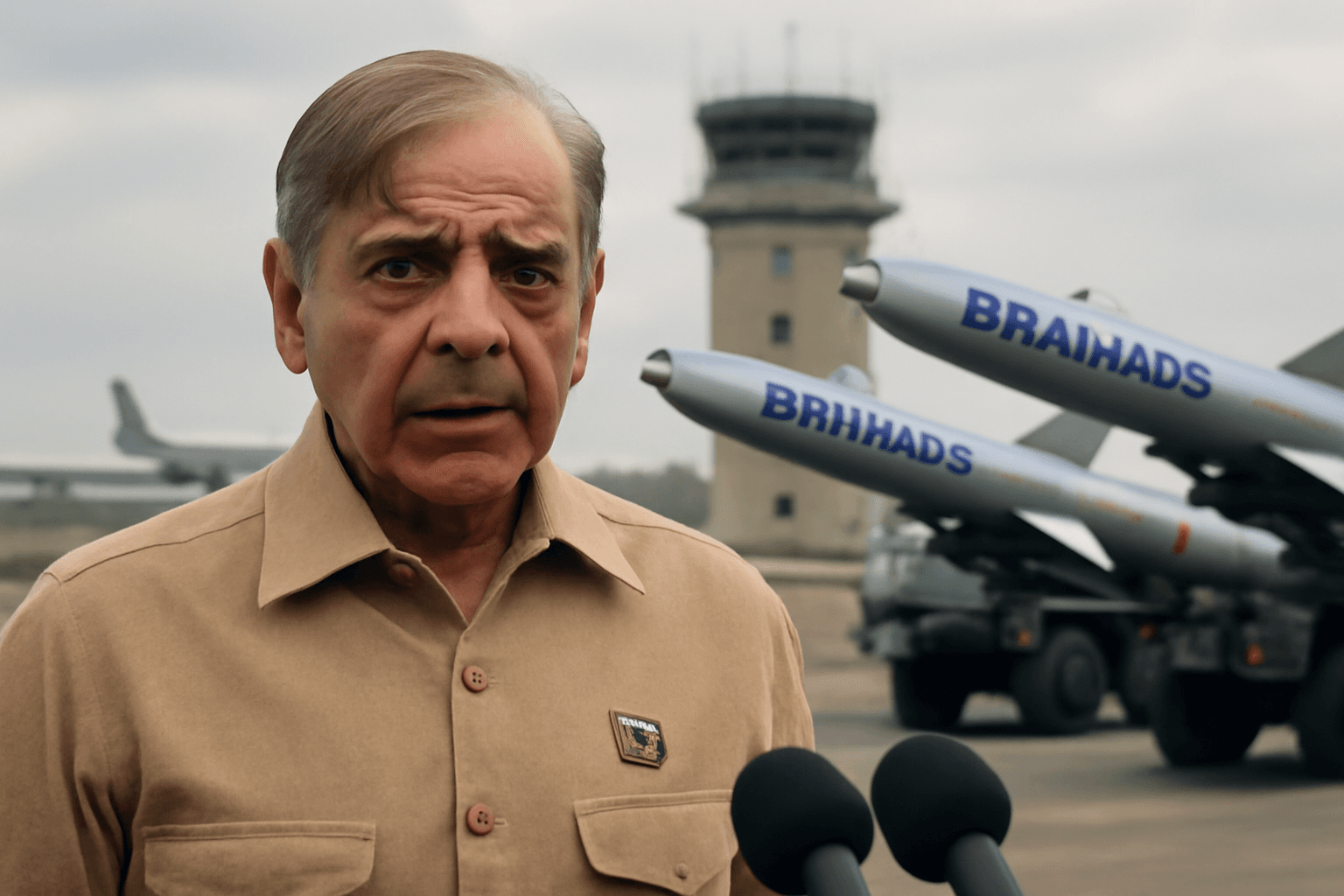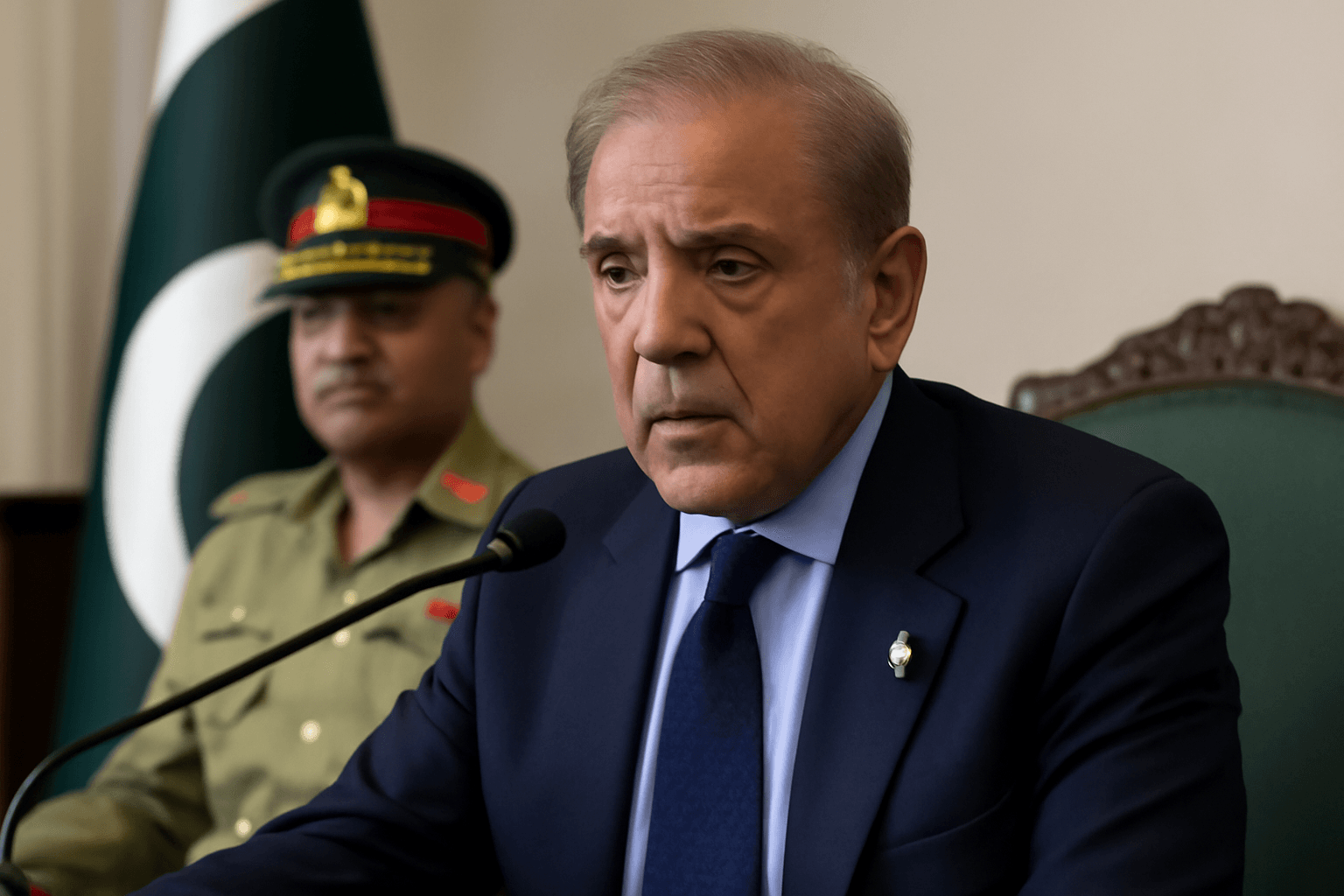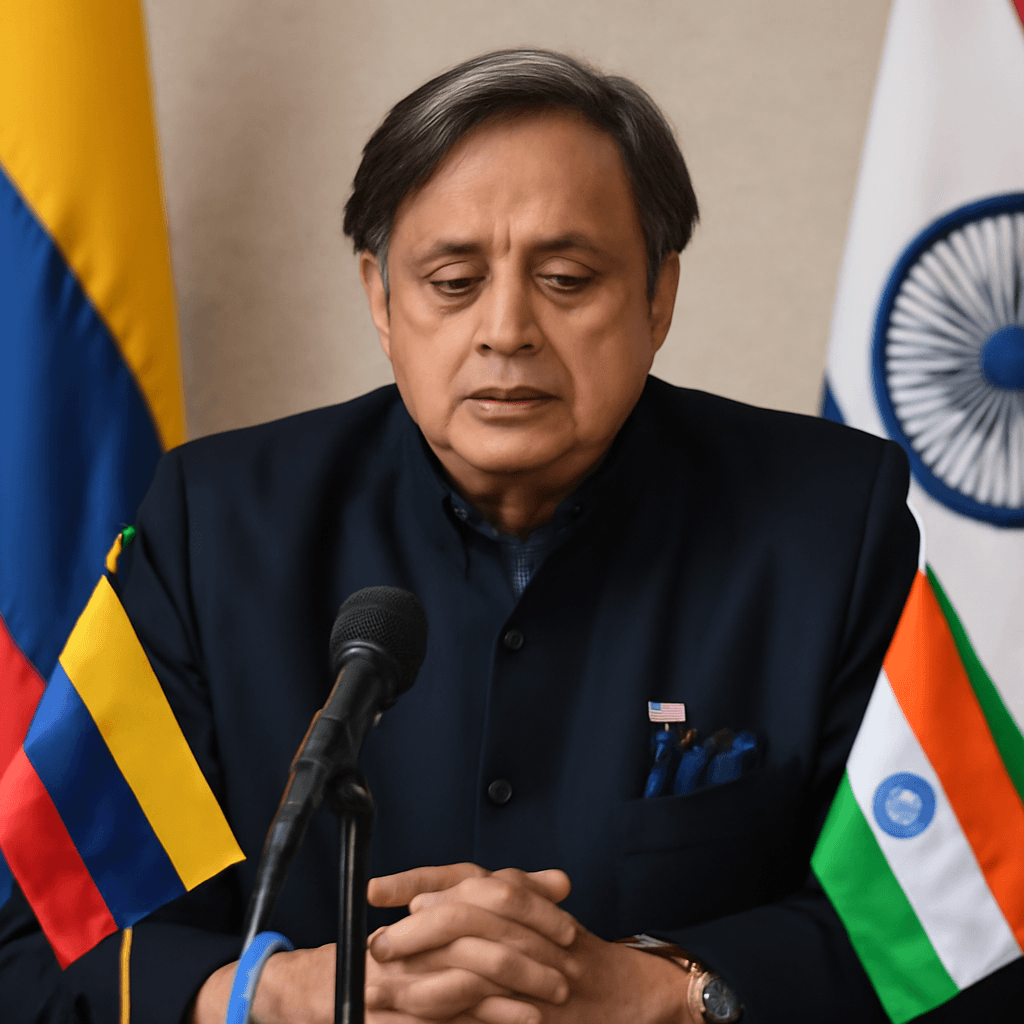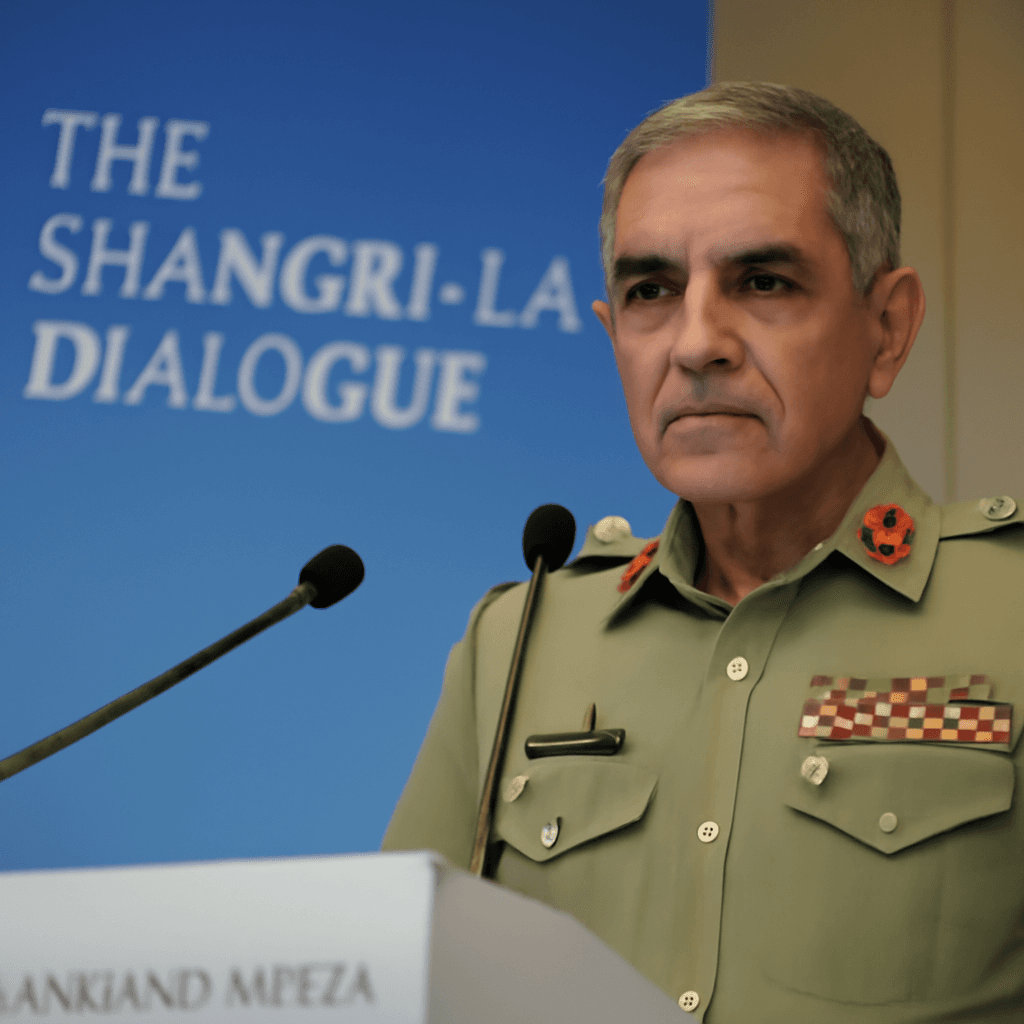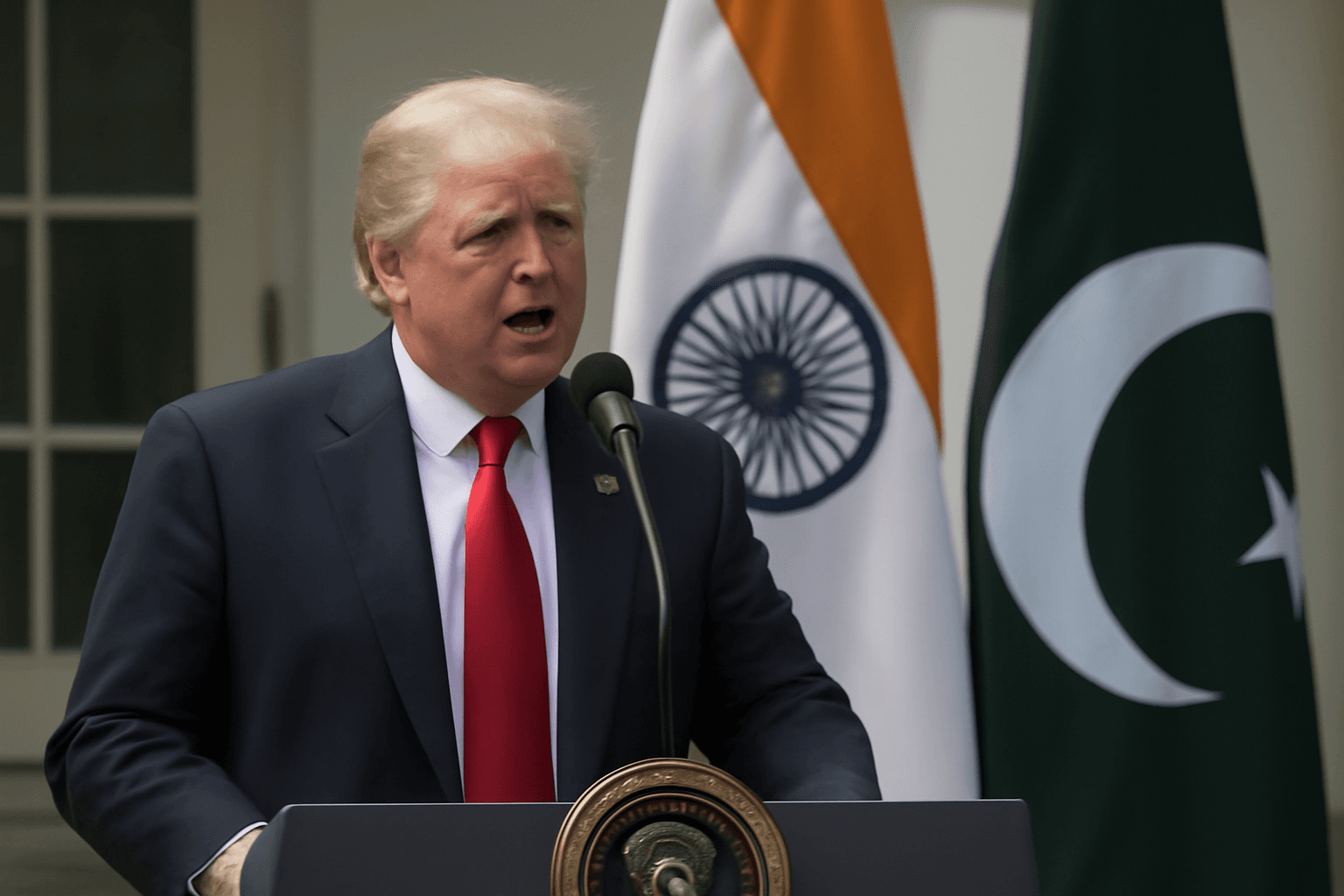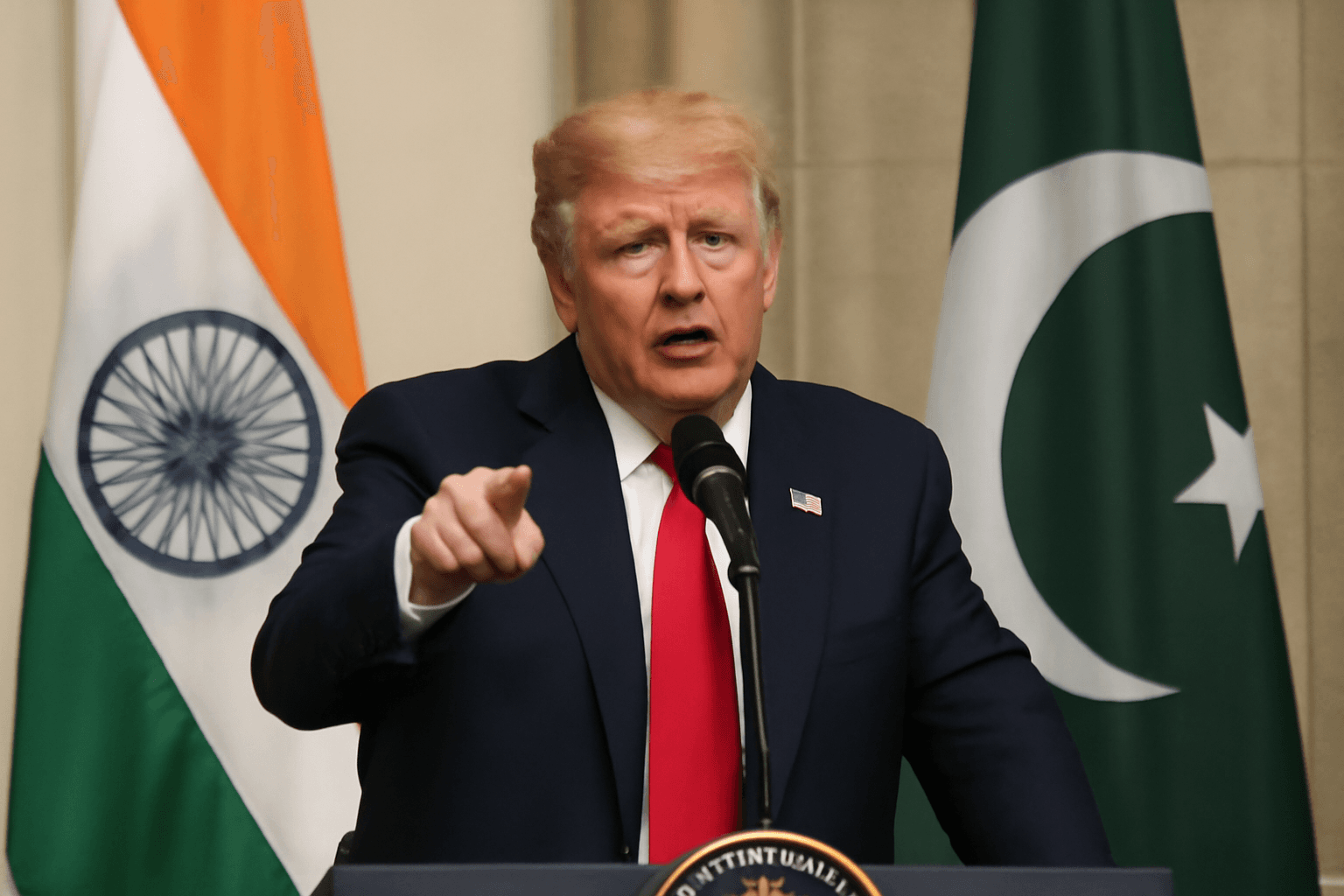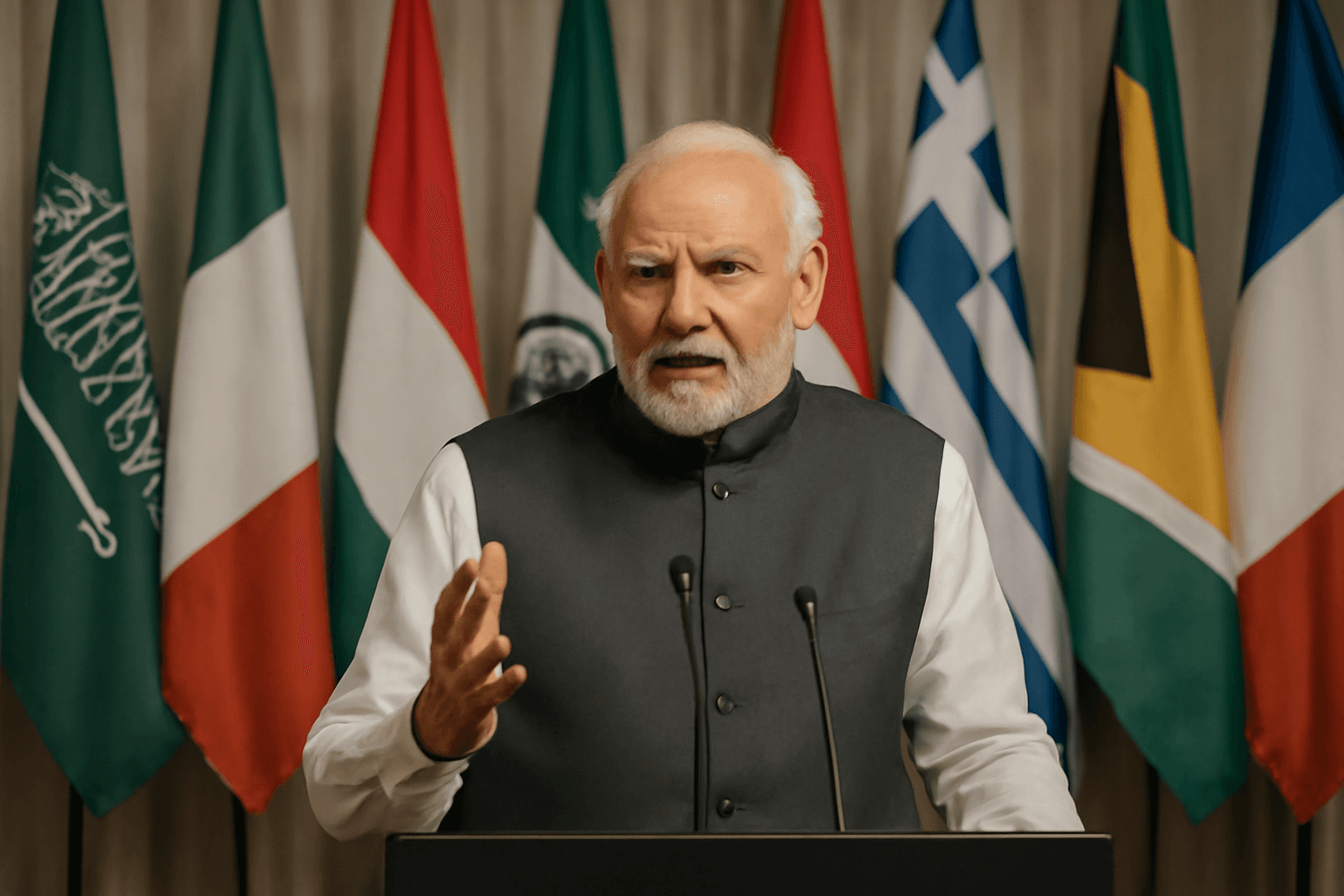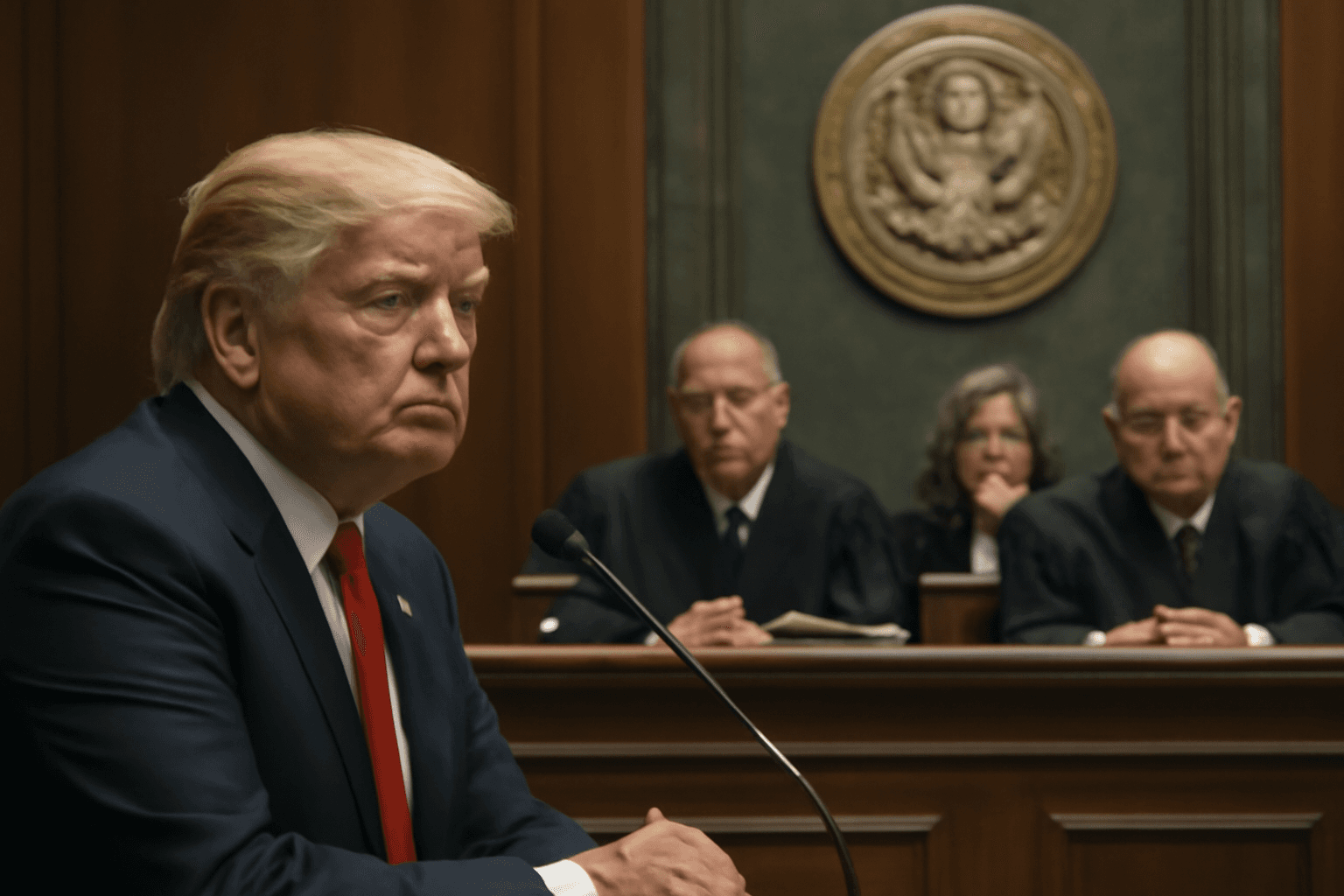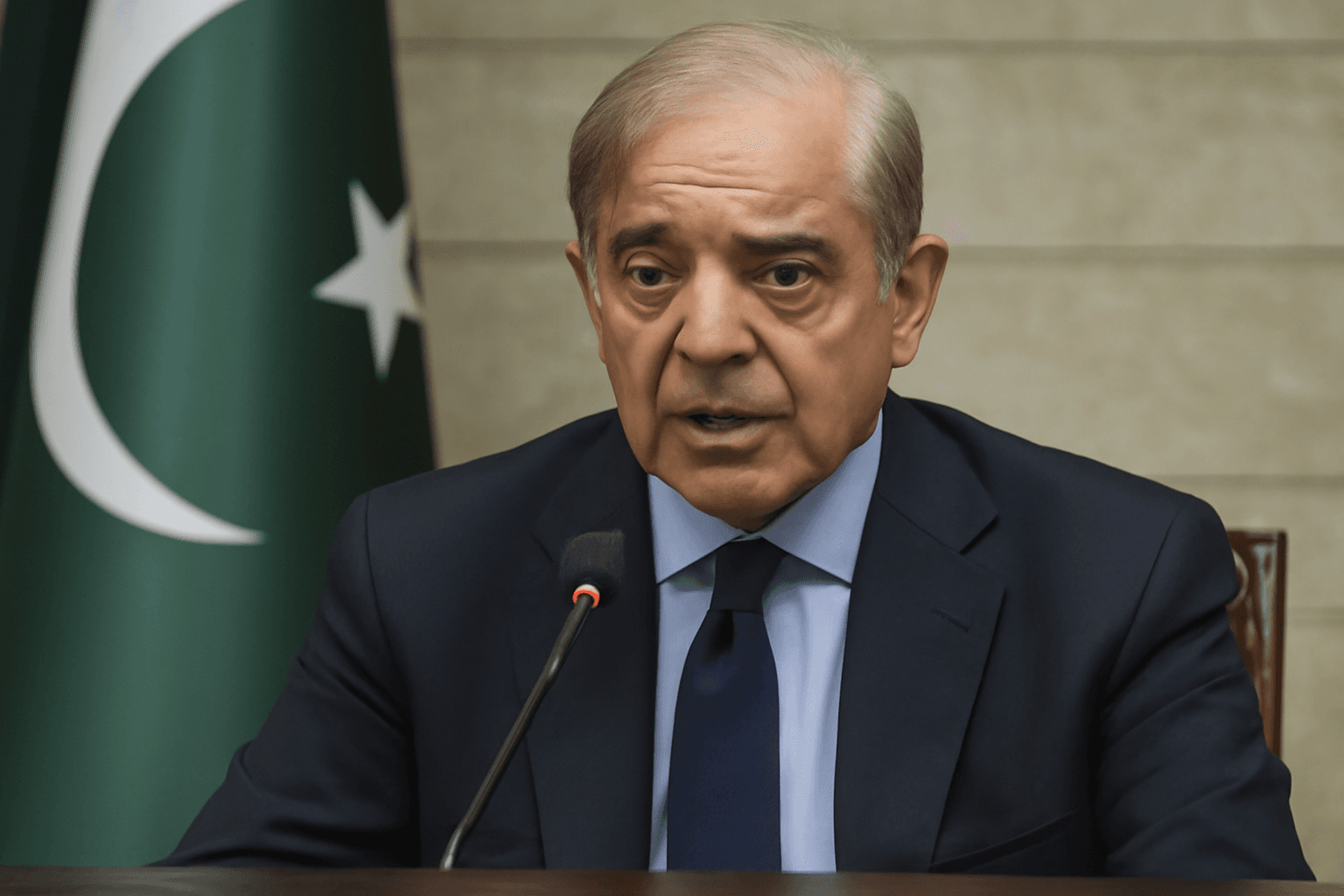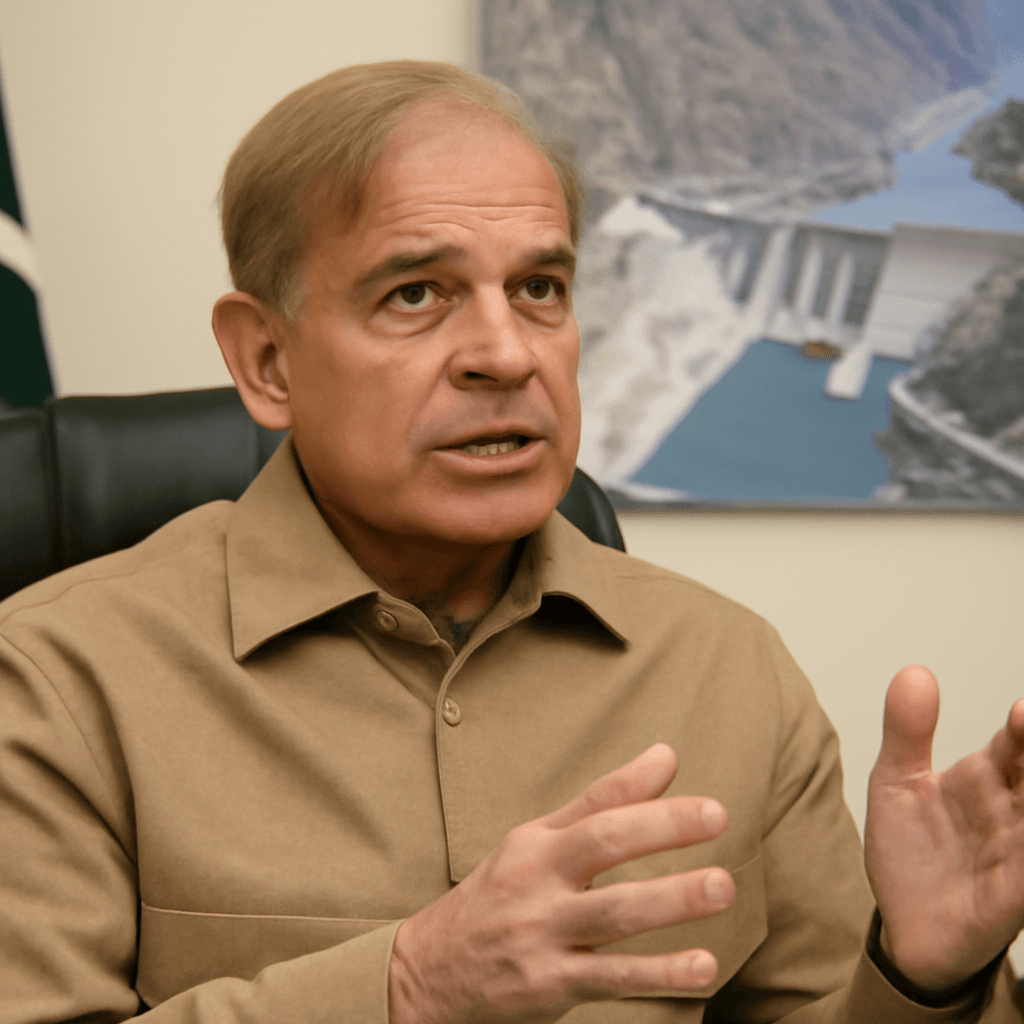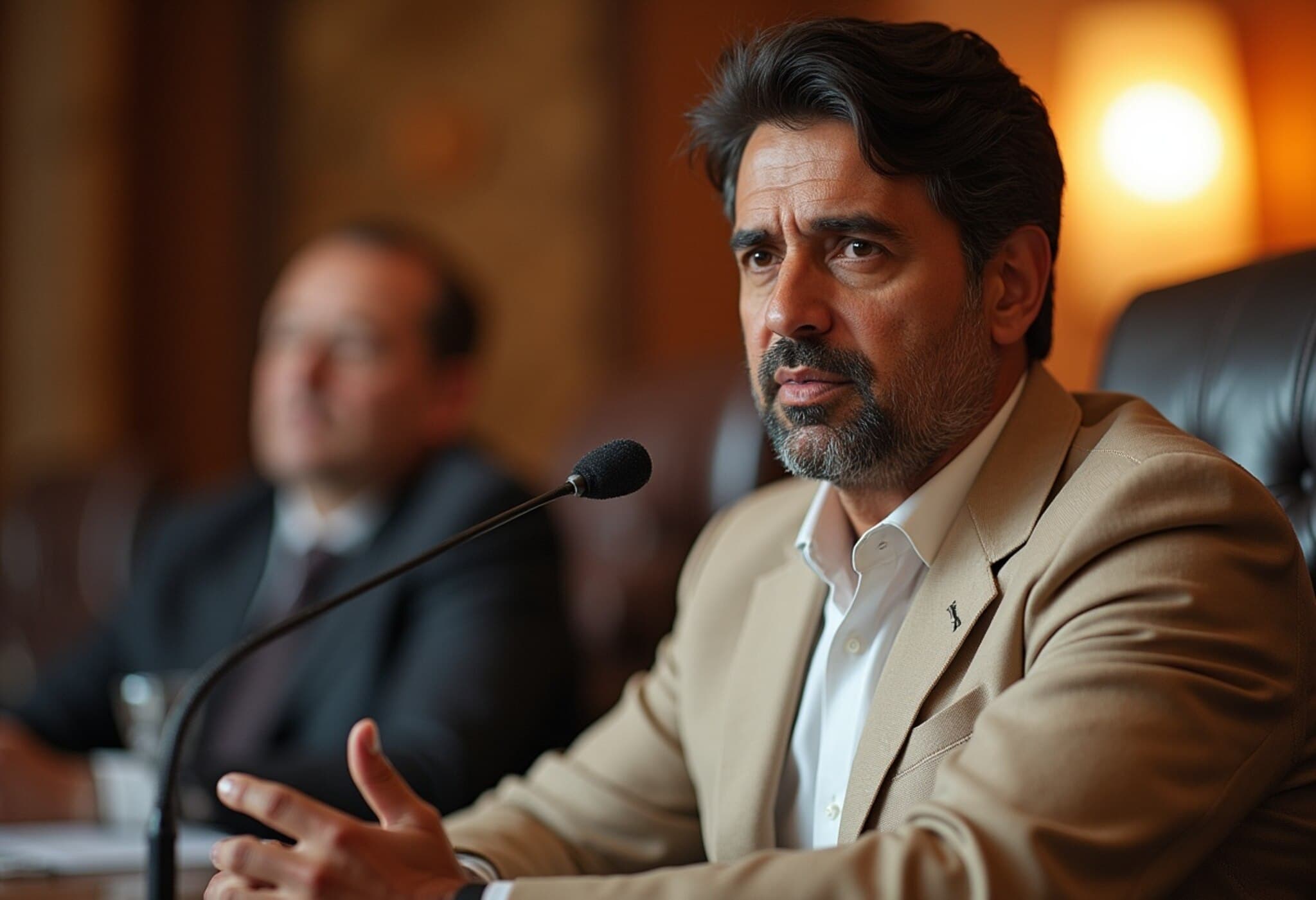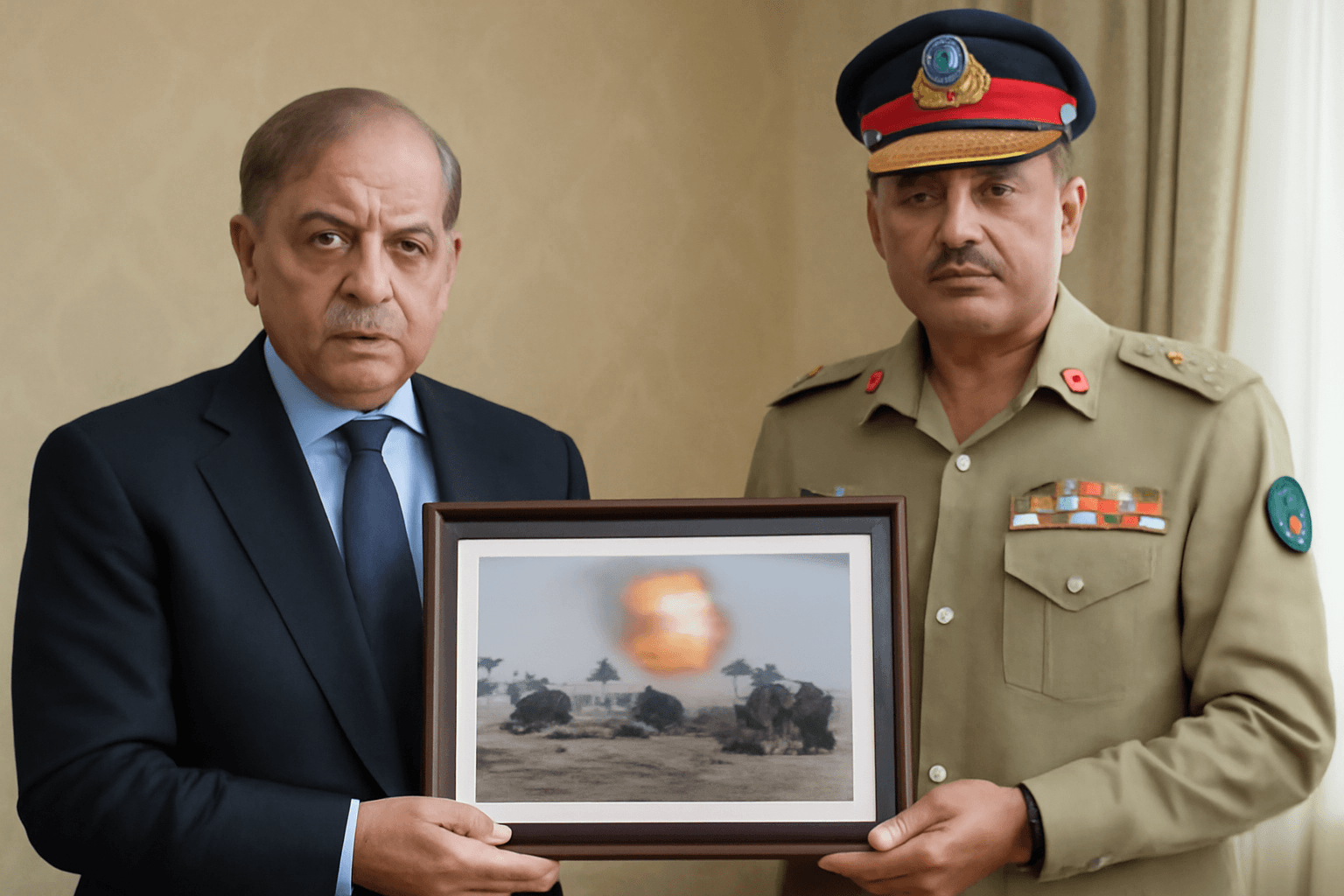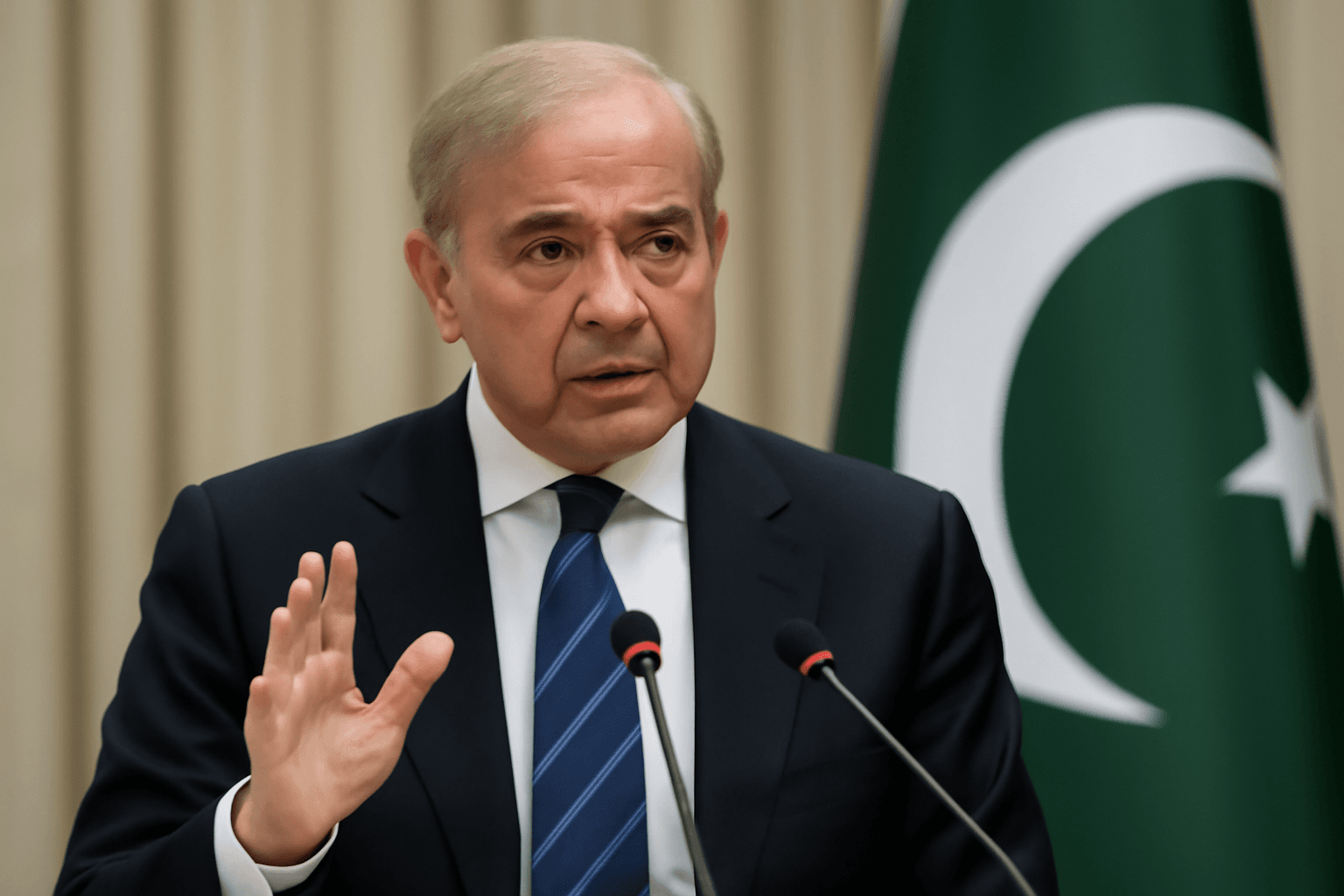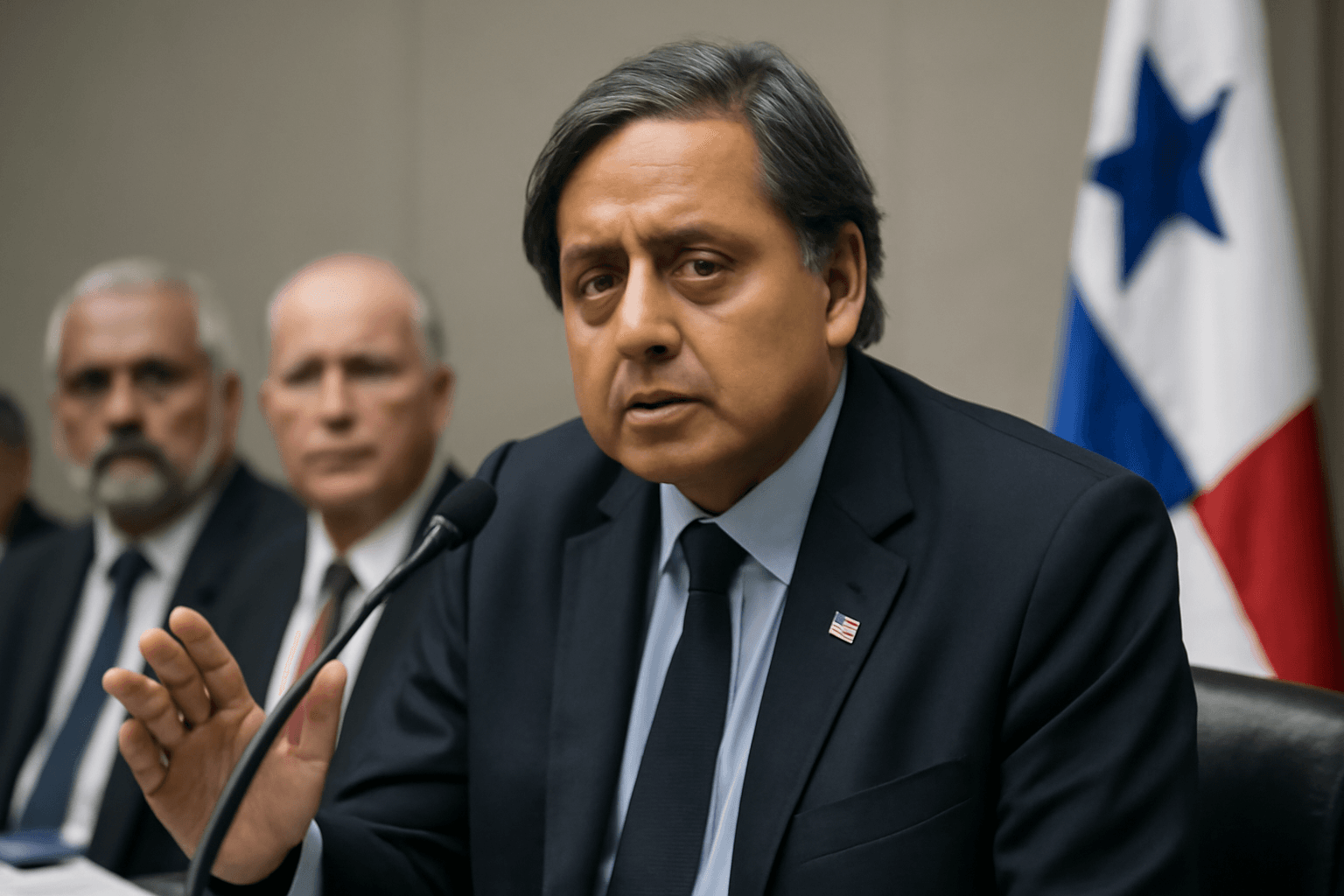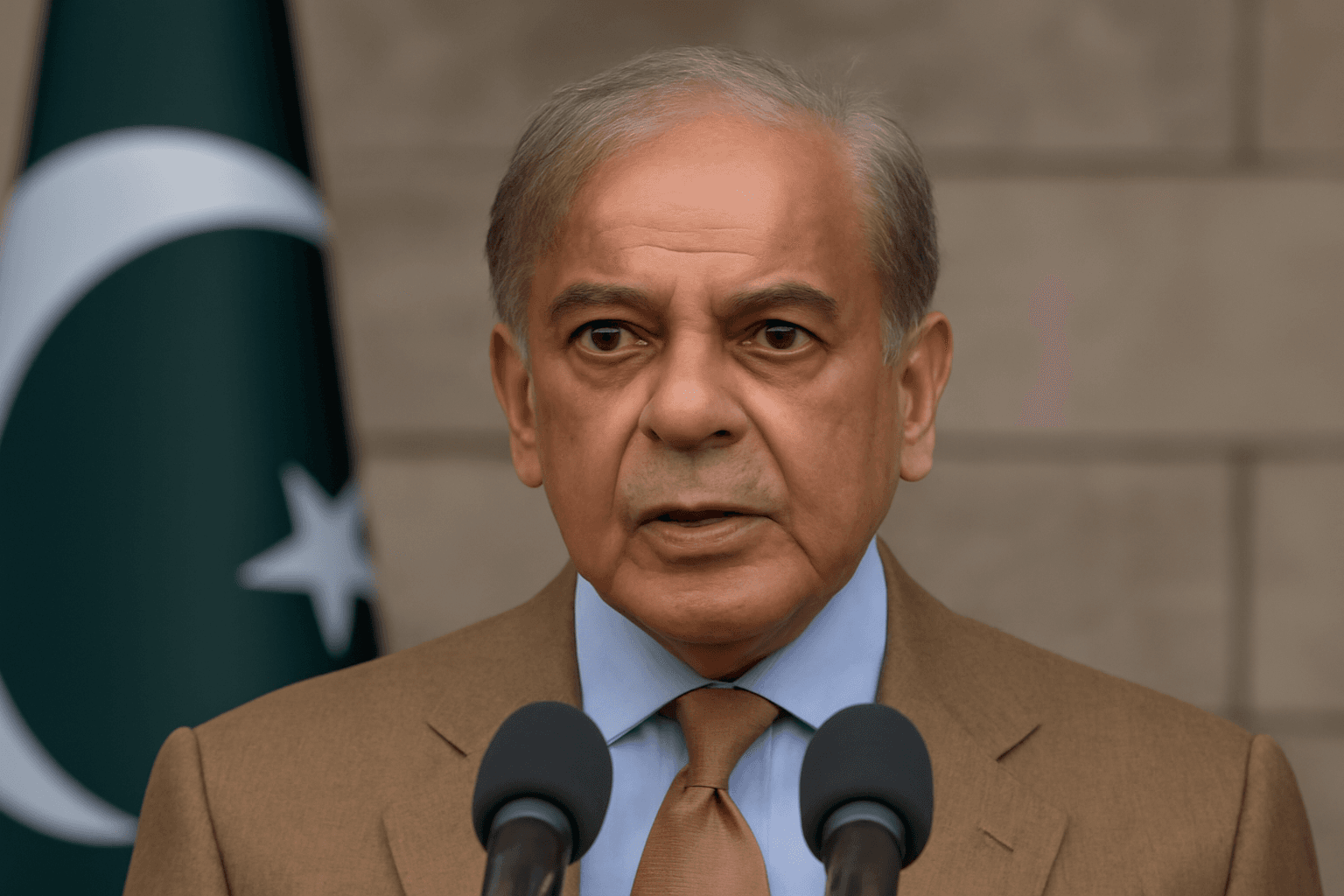Pakistani Prime Minister Shehbaz Sharif has publicly confirmed that Indian missile strikes, including those launched by BrahMos supersonic missiles, targeted multiple locations deep within Pakistan, notably damaging the Rawalpindi airport and other key sites.
Speaking at the Pakistan-Turkiye-Azerbaijan Trilateral Summit in Lachin, Azerbaijan, Sharif detailed the sequence of events during heightened tensions in May 2025. He stated, "On the nights of May 9th and 10th, we had decided to respond in a measured way to Indian aggression. We planned a retaliatory strike at 4:30 a.m. after Fajr prayers, led by our Chief of Army Staff, Field Marshal Syed Asim Munir, to teach the aggressor a lesson."
However, before Pakistan could execute its response, Sharif explained, "India launched further missile attacks, including BrahMos missiles, striking various provinces and critical infrastructure such as the Rawalpindi airport."
Sharif had previously acknowledged the missile strike on Nur Khan airbase in Rawalpindi during a separate address, affirming the severity of the damage inflicted by the Indian operation known as "Operation Sindoor." Launched in May as a response to the Pahalgam terror attack, Operation Sindoor targeted terrorist infrastructure in Pakistan and Pakistan-occupied Kashmir (PoK), reportedly eliminating over 100 militants and destroying nine terror launchpads along with affecting 11 Pakistani airbases after thwarted Pakistani attempts to target Indian positions.
De-escalation followed a meeting on May 10 between the Directors General of Military Operations from both countries, which resulted in an agreed cessation of active hostilities.
In subsequent statements, Sharif urged for dialogue, emphasizing Pakistan's willingness to negotiate on issues of peace, terrorism, water rights, and Kashmir. Speaking in Tehran, he expressed readiness to engage on counter-terrorism and trade but also warned of Pakistan’s preparedness to defend its territory in case of continued Indian aggression.
Despite these overtures, India has firmly rejected dialogue under current conditions. At a press briefing, Indian Ministry of External Affairs spokesperson Randhir Jaiswal reiterated New Delhi's stance that terrorism and talks cannot proceed simultaneously. He declared that discussions on Jammu and Kashmir would only commence once Pakistan vacates PoK and ceases support for cross-border terrorism. Furthermore, Jaiswal confirmed that the Indus Waters Treaty would remain suspended until Pakistan permanently ceases such activities, stating, "Water and blood cannot flow together."

